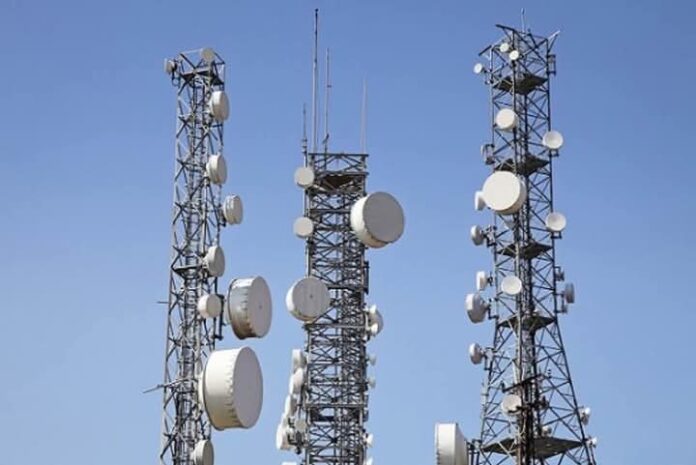By: Daure David
In a move that has stirred both support and concern across Nigeria, the administration of President Bola Ahmed Tinubu has introduced new telecommunications tariffs that will significantly impact the cost of phone calls, text messages, and mobile data usage. Under the revised pricing structure, phone calls will be charged at N18.33 per minute, SMS messages will cost N6.67, and a 1GB data bundle will be priced at N479.17.
The announcement, made by the Nigerian Communications Commission (NCC) on behalf of the federal government, is seen as a response to the rising operational costs of telecom companies in the country, as well as efforts to boost revenue for the government and maintain the sustainability of the industry.
While the government justifies the tariffs as a necessary adjustment to align with inflation and global market dynamics, many Nigerians have expressed concerns about the financial burden these new rates will impose on ordinary citizens, particularly those in lower-income brackets. The proposed rates represent a notable increase from the previous tariffs, which were already viewed by some as high, and the increase in the cost of mobile data, a key service for many Nigerians, has raised alarms about the affordability of basic communication services.
However, the increase in phone call charges and the cost of mobile data comes at a time when Nigeria is experiencing significant inflation, and many consumers are already grappling with rising prices for basic goods and services. Telecom subscribers have voiced their dissatisfaction, arguing that these new tariffs could price out large segments of the population, especially students, entrepreneurs, and low-income workers who rely on affordable internet and mobile services to stay connected.
“I use my phone for everything – work, education, even communication with family. Now with these new prices, it’s going to be really difficult to stay in touch with my loved ones,” said Aisha, a student at the University of Maiduguri.
On the other hand, some industry stakeholders argue that the adjustment in tariffs is necessary for the long-term sustainability of the telecom sector. The cost of providing services, particularly in rural areas, has become increasingly expensive due to infrastructure maintenance and the need for continued investment in technology.
“The tariffs are a response to global inflationary trends, the high cost of doing business, and the need for telecom companies to continue expanding their networks to underserved regions,” said Dr. Samuel Ifeanyi, a telecommunications expert based in Abuja. “While it may seem tough for consumers, it is a reality that must be faced if we want to see improved infrastructure and service delivery.”
APC Government’s Justification: The government has defended the hike in tariffs, emphasizing that the move is part of a broader economic strategy to shore up national revenue and support the growth of the communications sector. President Tinubu’s administration has indicated that the new pricing model will allow for better regulation and more sustainable service provision, which can ultimately lead to enhanced technological advancement and infrastructure development.
Additionally, the government has pledged to work with telecom operators to ensure that services remain accessible, especially to vulnerable groups. Plans for initiatives aimed at providing subsidies or discounted services for low-income users have been hinted at, but specifics remain unclear.
As the new telecommunications tariffs take effect, the conversation will likely continue to evolve. Nigerians will undoubtedly face the challenge of adapting to the new rates, while telecom operators will be tasked with balancing profitability with service delivery. In the coming months, there will likely be pressure on both the government and telecom companies to find ways to mitigate the impact of the increased tariffs on ordinary citizens, especially in a country where access to affordable communication services remains a critical issue for personal, educational, and business development.
As this situation unfolds, stakeholders—consumers, government, and telecom companies alike—must navigate these changes with the aim of ensuring that the telecommunications sector remains both sustainable and accessible to all Nigerians, irrespective of their economic status.







